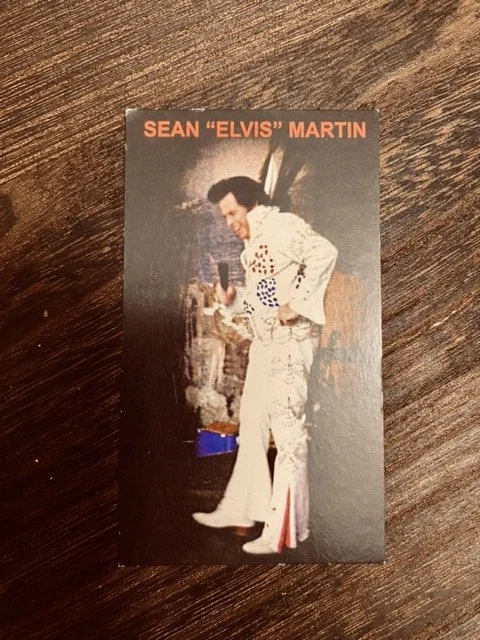03/24/25
Nothing New Under The Sun
"Transcriptions aren't real music," a colleague once said during a piano concert.
Unbeknownst to him, I took exception to this remark. There's no way he could have known, but I adored these pieces (my professor introduced me to this genre, his abnormal knowledge and obsession with this field apparently rubbed off on me).
Admittedly, the progenitor of said opinion was a much better pianist I could ever hope to be. Regardless, it made me wonder why his opinion even mattered? I struggled to make the connection between his prodigious talent and the right to make such a pronouncement.
On top of this, his statement was a little too general. As if he wasn't just limiting this criticism to run-of-the-mill composers, but extending it to all giants of classical music history's past.
I suspect this premature verdict came from his subjective belief of what the true nature of a transcription is, besides the bash, unchecked arrogance of youth (which I was also a participant of, so no judgment there).
...
What is a piano transcription?
To put it simply, it's an adaption of an existing composition for this instrument. This can run the gamut from symphonies to even piano repertoire itself, with the "buddha of the piano" Godowski being one notoriously notable example (as if Chopin's etudes weren't hard enough, he transformed them into impossibly difficult monstrosities that give even the seasoned concert pianist a run for his or her money).
In laymen's terms, think of transcriptions as really cool cover songs.
But they're much more than that - under the hands of a master pianist-composer, transcriptions arguably become completely original works (dependent on the source material be that as it may).
Now I wouldn't go so far as to say everything is a transcription, a notion that Ferrucio Busoni once alluded to when he said, "every notation is, in itself, the transcription of an abstract idea."
But as the bible puts it, I do agree that there is nothing new under the sun.
So even if a transcription fails to soar to the artistic heights that it becomes something utterly unique, who freakin' cares? It's enough that the composers who wrote these "non-original" adaptions did so merely because they wanted to (i.e. a "labor of love").
...

